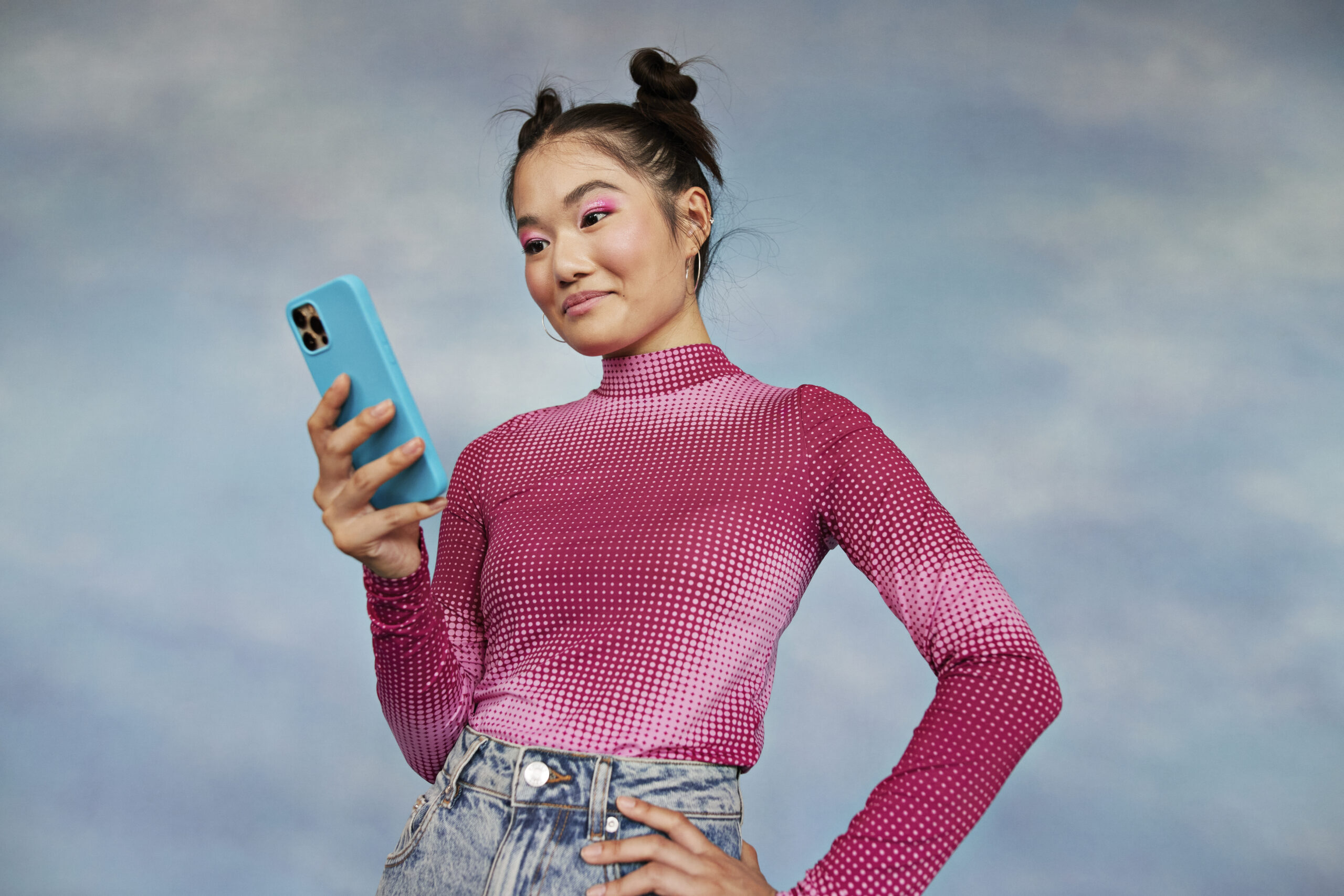
Warning: This article contains slang words which have meanings that may disturb some readers. Discretion is advised.
There seems to be a new slang word every other day, and many around the nation can’t seem to keep up.
Word finding experts at word unscrambling site Unscramblerer.com analyzed Google Trends search data for terms related to slang words between Jan. 1 and Sept. 19 of this year and compared the data between states – and on a nationwide level – to figure out which words people were most confused about.
The results? Well, as it turns out, the most looked up slang in the Golden State doesn’t actually mean anything.
California’s top-searched slang wasn’t even a word either; it was “6-7,” which literally means nothing, according to Unscramblerer.com.
“There is no literal meaning to six seven,” the researchers explained. “Its absurdity is the point, making it a prime example of ‘brainrot’ internet humor where the randomness itself becomes funny.”
It’s origin comes from Philadelphia rapper Skrilla’s song “Doot Doot,” where he says “6-7” reportedly in reference to 67th Street, where he grew up. According to Know Your Meme, the slang became popular after a TikTok that referenced NBA player LaMelo Ball’s height was combined with the song. (Warning: the song contains explicit lyrics.)
“He literally moves like he’s someone who is 6’1”, 6’2, except he’s 6’7”,” TikTok user @matvii_grinblat said in the Nov. 30 post, which has garnered over a million likes. As soon as he said “6-7” the song started playing and an edit of some of Ball’s highlights was shown.
Those who say “6-7” often chant it and move their hands up and down in an exaggerated manner when doing so.
The other slang words Californians looked up the most include (note: definitions come from Unscramblerer.com):
- Sybau: “Shut your b—h ass up”
- Chopped: A synonym for something ugly, undesirable or unattractive
- Sigma: An independent, self-reliant person who operates outside traditional social hierarchies. According to Know Your Meme, the word refers to “a supposed classification for men who are successful and popular, but also silent and rebellious.”
- Dih: Slang for “penis” — many algorithms prohibit the use of profanities, so users use this word to circumvent that. Another similar word is “bih” — used instead of “b—h.”
- Bop: A person with many sexual partners (who “bops” around from person to person)
- Syfm: “Something you f—ing missed.” — Used to show extreme disappointment when someone fails to notice something
- Sharking: Actively looking for casual romantic encounters
- Clanker: “Derogatory” term for robots and other AI technology. Having to “talk to a clanker” would indicate speaking to a chat bot
- Chuzz: A mixture of “chopped” and “huzz” (the latter is a form of “h–s,” which used to be considered derogatory but has since been accepted into the common vernacular as another term for “girls”) thus “chuzz” is an unattractive girl
A lot of those same words were searched on a national basis, data from Unscramblerer.com suggests.
That said, there are also some other terms that many across the country don’t seem to understand:
- Mogging: Outclassing someone by appearing more attractive, skilled or successful. Similar to “lookmaxxing”
- Big back: Someone with a large physique — refers less to physical size and more to actual behaviors, such as hogging food or being lazy
- Glazing: Praising someone excessively and, sometimes, insincerely. Basically excessive flattery
- Fanum tax: Playfully taking a large portion of a friend’s food. The name comes from the internet streamer Fanum, who began the trend
- Green: A guaranteed win. Comes from the NBA 2K video game franchise, where when players shoot the ball and release it at the perfect time, the shot is marked by the color green
- Delulu: Short for delusional
- Ohio: Refers to something strange or absurd
- Slop: Low-effort AI content
- Aura farming: Doing something for the sake of looking cool
A word unscrambling expert at Unscramblerer.com noted that nearly all contemporary slang words are “heavily influenced” by social media sites like TikTok and Instagram in addition to popular internet streamers and the broader Gen Z and Gen Alpha communities.
“Trends from social media spready rapidly via memes and viral challenges,” the expert said. “Fueled by technology, our language adapts to new slang trends more rapidly than ever. Slang is a fascinating and fun mirror of our culture.”
What isn’t mentioned here are slang words and trends that vary from city to city. For example, some may speak in a strange accent and make up words when referring to Baltimore due to a viral video of a barber singing what appeared to be a made up language to a client.
Another example is New York City, where slang such as “brick” (meaning “cold”) and “deada–” (meaning “for real”) are used heavily and therefore, social media users exaggerate those words when referring to the Big Apple and its residents.
